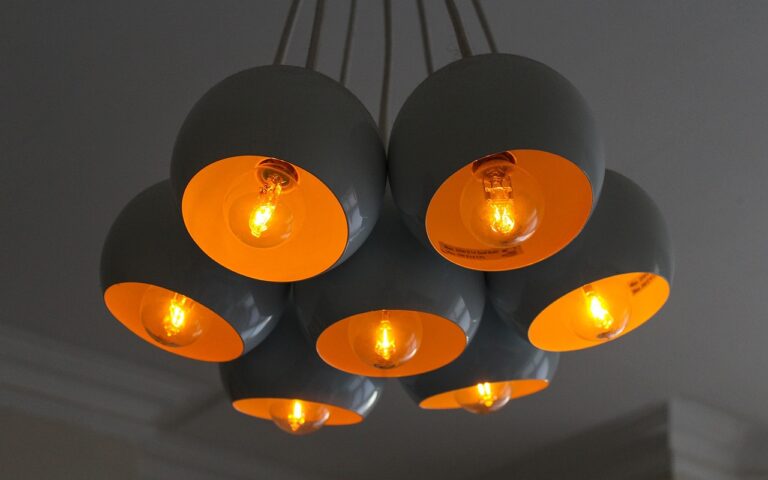Benefits of Home Rainwater Collection Systems
all pannel.com, lotus book 365, laserbook247: Rainwater collection systems are becoming increasingly popular among homeowners looking to be more environmentally friendly and reduce their reliance on municipal water sources. These systems have several benefits that make them a worthwhile investment for any homeowner. In this article, we will explore the advantages of home rainwater collection systems and how they can benefit both the environment and your wallet.
Collecting rainwater is a simple yet effective way to conserve water and reduce your water bills. By capturing rainwater from your roof, you can use it to water your garden, wash your car, or even flush your toilets. This can help you save money on your water bill each month, as well as reduce your overall water consumption.
In addition to saving money, rainwater collection systems can also help reduce stormwater runoff and prevent erosion. When it rains, water runs off roofs and driveways, collecting pollutants and carrying them into streams and rivers. By collecting rainwater, you can reduce the amount of runoff and help protect local waterways from pollution.
One of the biggest benefits of rainwater collection systems is their environmental impact. By using rainwater instead of municipal water for non-potable uses, you can reduce your carbon footprint and help conserve natural resources. This can help reduce the strain on local water supplies and promote sustainable water management practices.
Another advantage of rainwater collection systems is their versatility. These systems can be customized to fit the needs of your home and can be as simple or as complex as you like. Whether you want to store rainwater in a barrel for watering your garden or install a sophisticated filtration system for indoor use, there are options available for every budget and preference.
In addition to their environmental and cost-saving benefits, rainwater collection systems can also help improve the quality of water in your home. Rainwater is naturally soft and free of many of the chemicals found in municipal water supplies, making it a healthier option for watering plants, washing clothes, and bathing. This can help reduce your exposure to potentially harmful contaminants and improve the overall quality of life for you and your family.
Overall, rainwater collection systems offer a wide range of benefits for homeowners looking to reduce their water consumption, save money, and help protect the environment. By investing in a rainwater collection system, you can make a positive impact on your local community and contribute to a more sustainable future for generations to come.
### Benefits of Home Rainwater Collection Systems:
– Cost Savings
– Environmental Impact
– Stormwater Management
– Water Quality
– Versatility
– Customization
FAQs:
Q: How much does a rainwater collection system cost?
A: The cost of a rainwater collection system can vary depending on the size and complexity of the system. Basic systems can cost as little as a few hundred dollars, while more advanced systems can cost several thousand dollars.
Q: How much water can I collect with a rainwater collection system?
A: The amount of water you can collect with a rainwater collection system will depend on your roof size, rainfall patterns, and the size of your storage tank. On average, homeowners can collect several thousand gallons of water each year.
Q: Are rainwater collection systems legal?
A: In most areas, rainwater collection systems are legal and encouraged as a way to conserve water and protect the environment. However, it’s always a good idea to check local regulations and obtain any necessary permits before installing a system.
Q: How do I maintain a rainwater collection system?
A: Regular maintenance is essential to keep your rainwater collection system functioning properly. This may include cleaning gutters, checking for leaks, and ensuring that your storage tank is clean and free of debris.
Q: Can I use rainwater for drinking?
A: While rainwater is generally safe for non-potable uses, such as watering plants and washing clothes, it is not recommended for drinking unless it has been properly filtered and treated. It’s important to consult a water treatment professional before using rainwater for drinking purposes.







